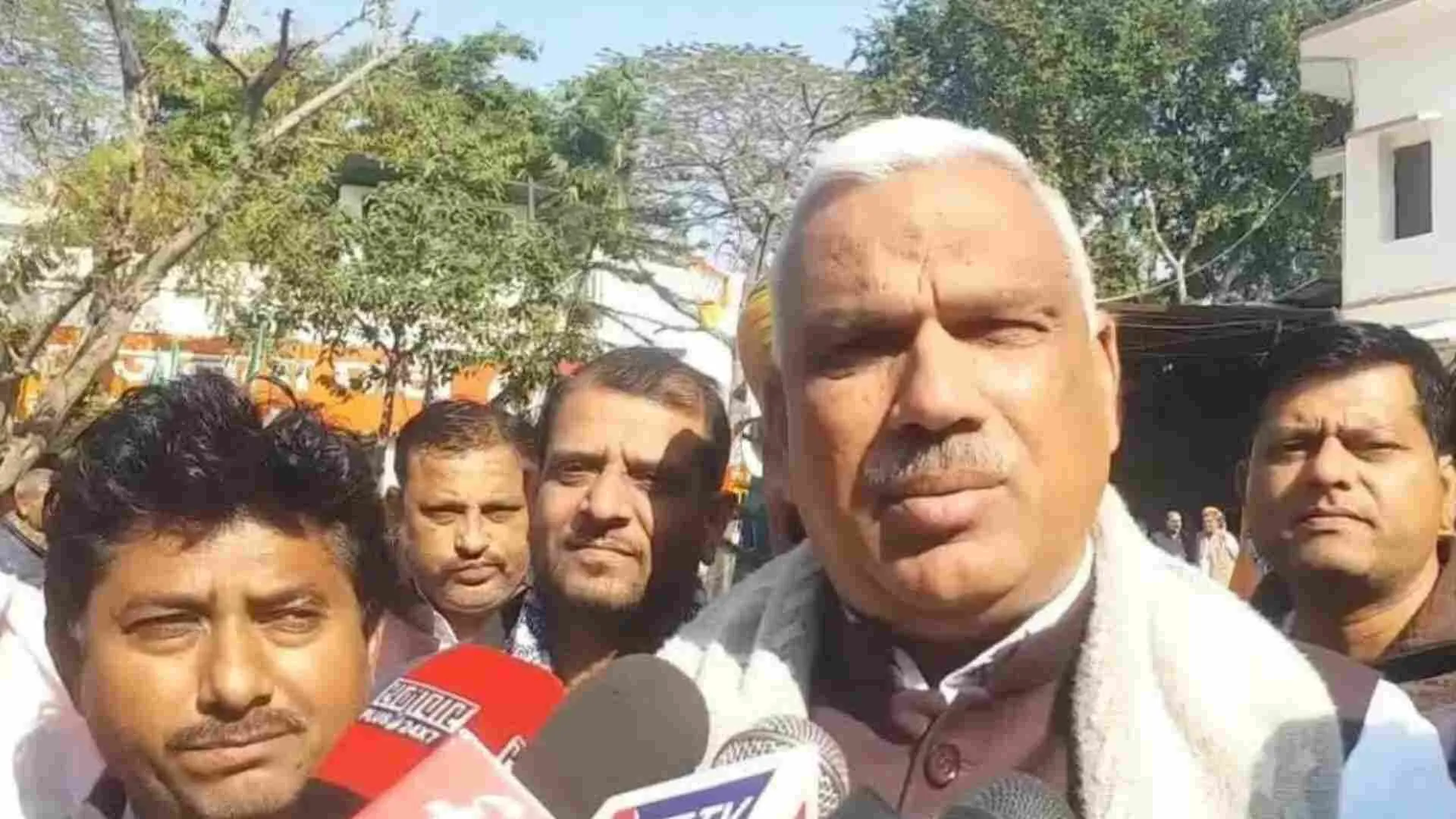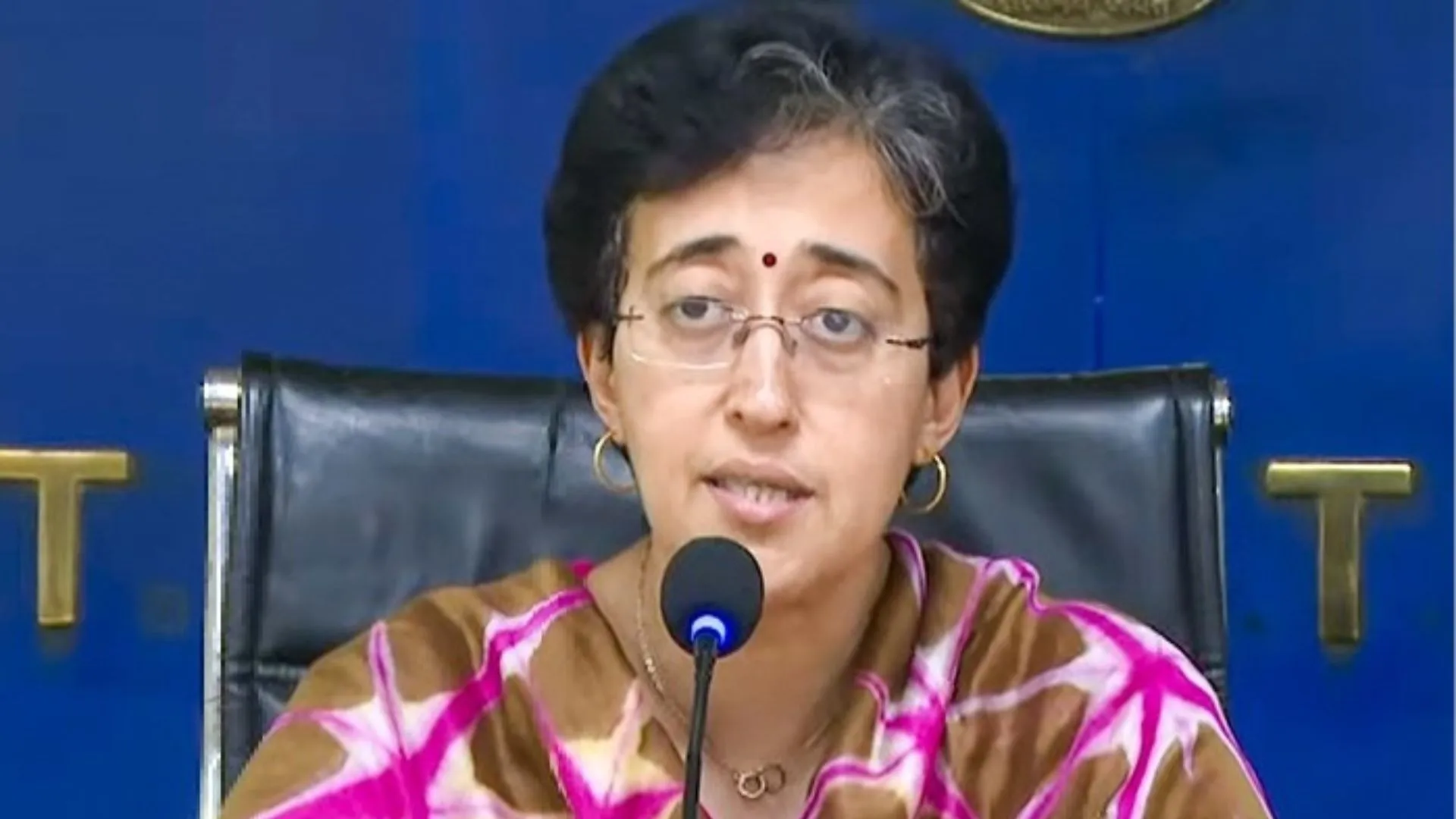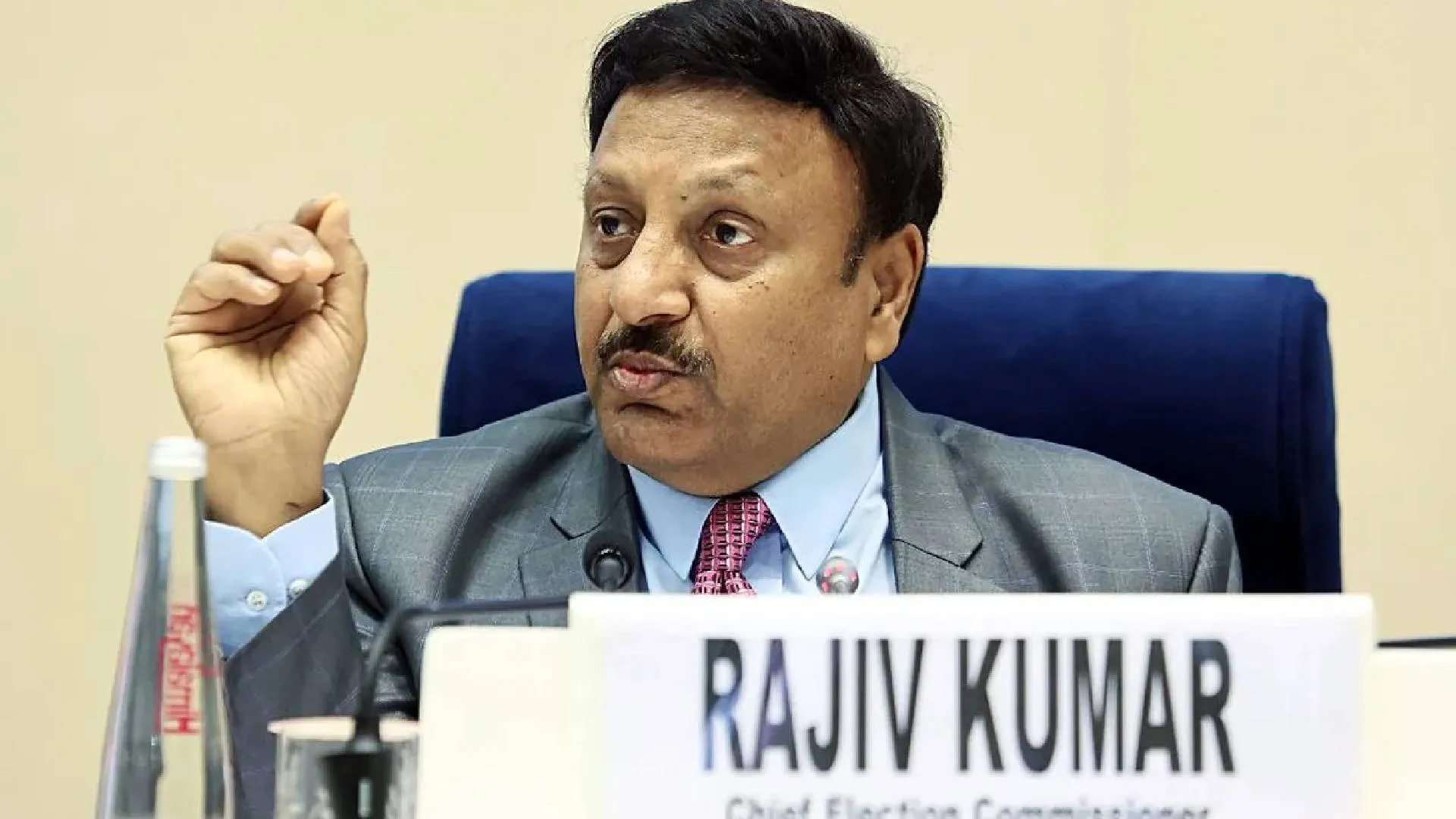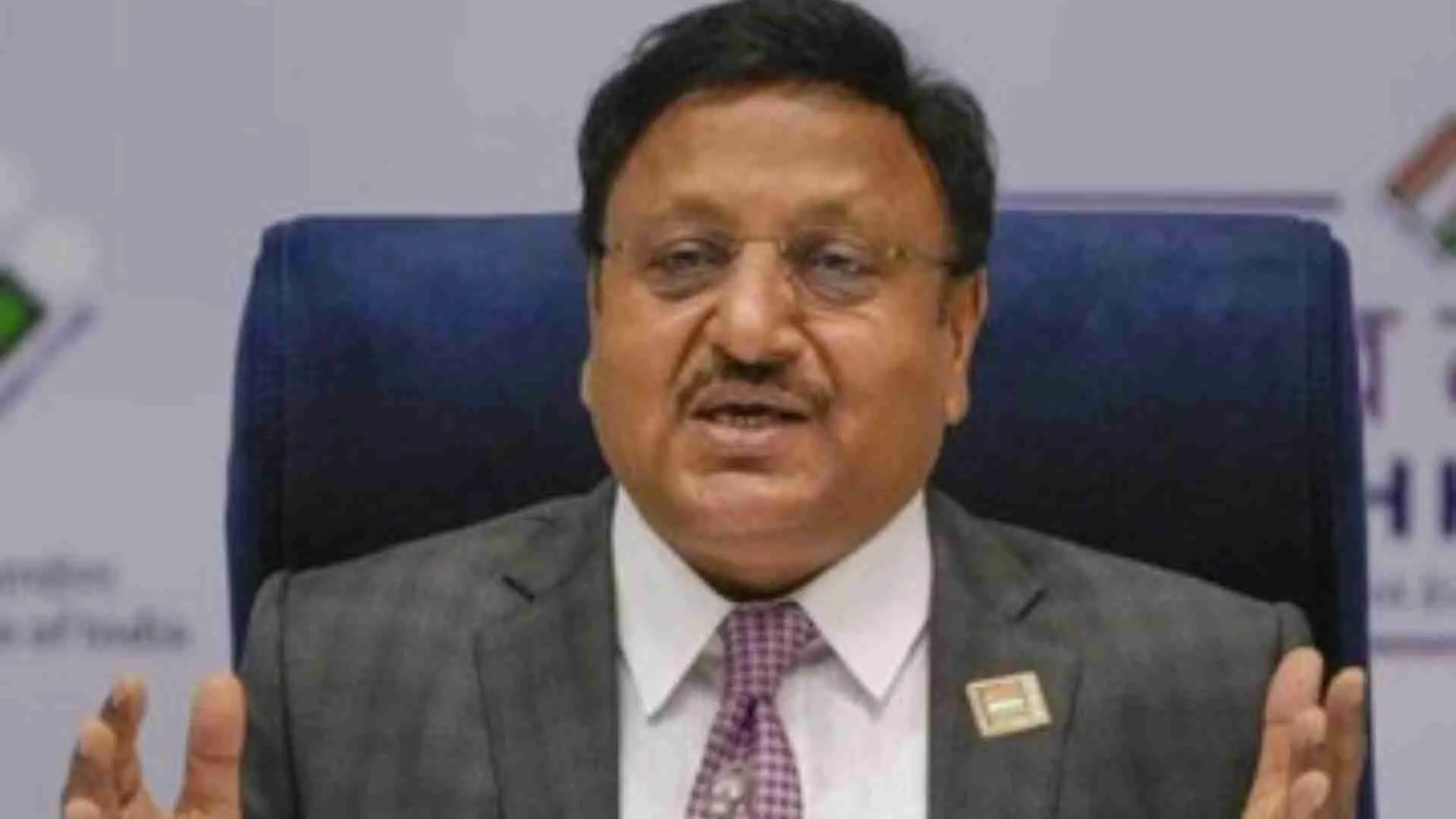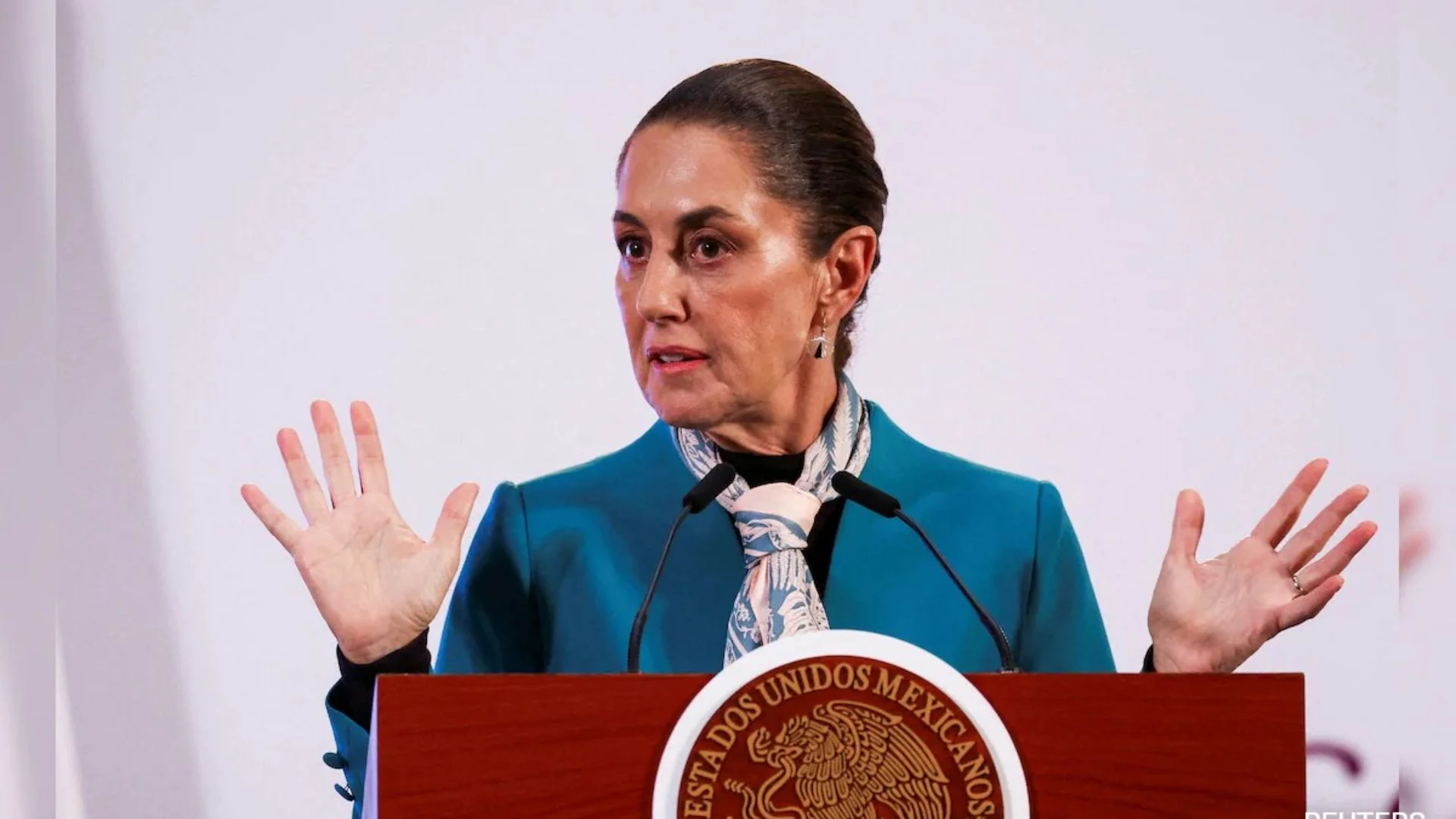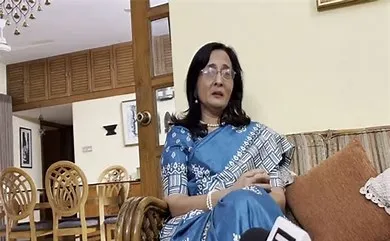On Wednesday, Civil Aviation Minister Ram Mohan Naidu presented the Bharatiya Vayuyan Vidheyak, 2024, in the Lok Sabha, aiming to modernize civil aviation regulations by replacing the 90-year-old Aircraft Act.
In his address to the lower house, Naidu highlighted the need for new legislation, pointing out that the 1934 Act has undergone 21 amendments over nearly a century. The extensive amendments have led to ambiguities and confusion for stakeholders, prompting the need for a more streamlined and efficient framework.
The proposed bill seeks to address these issues by removing redundancies and simplifying the regulatory environment. It aims to enhance ease of doing business, support the Atmanirbhar Bharat initiative for self-reliance, and provide a clearer framework for aircraft design, manufacturing, and maintenance. Additionally, it would grant the Central government greater authority to regulate construction activities, issue directives, detain aircraft, and enact emergency orders when necessary.
During the introduction of the bill, some opposition members raised concerns about its Hindi nomenclature, with RSP member N K Premachandran questioning the logic behind the name and expressing concerns about accessibility for people from south India. Naidu responded, noting that similar objections were addressed in previous discussions on criminal justice laws, and assured that the bill does not violate any constitutional provisions.
The new bill outlines ten primary objectives, including regulating aircraft design and manufacturing, establishing international aviation standards, and enhancing civil aviation security. However, experts have noted that the new bill does not appear significantly different from the 1934 Act, and the government has yet to clarify the specific changes made in the updated legislation.


